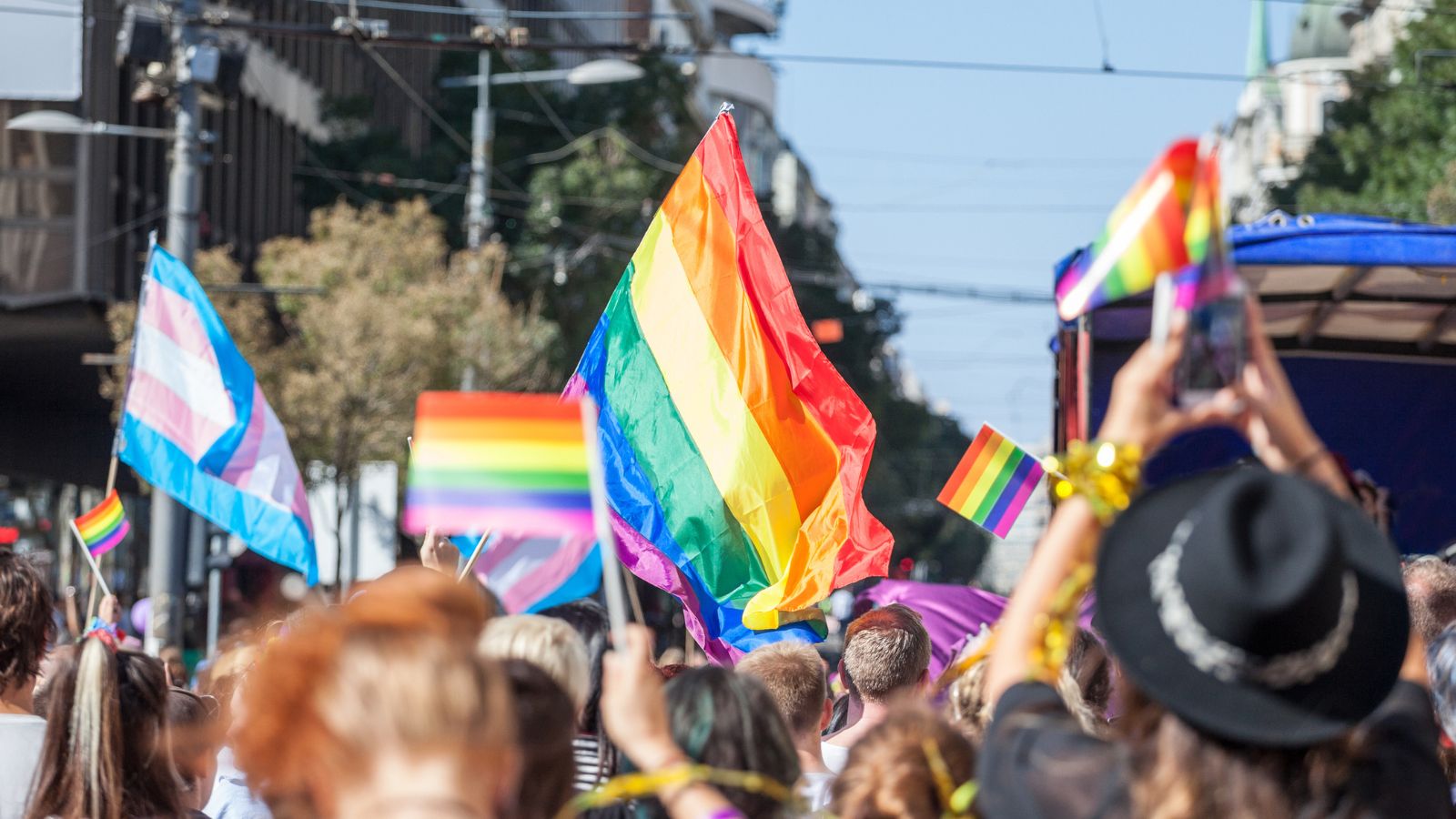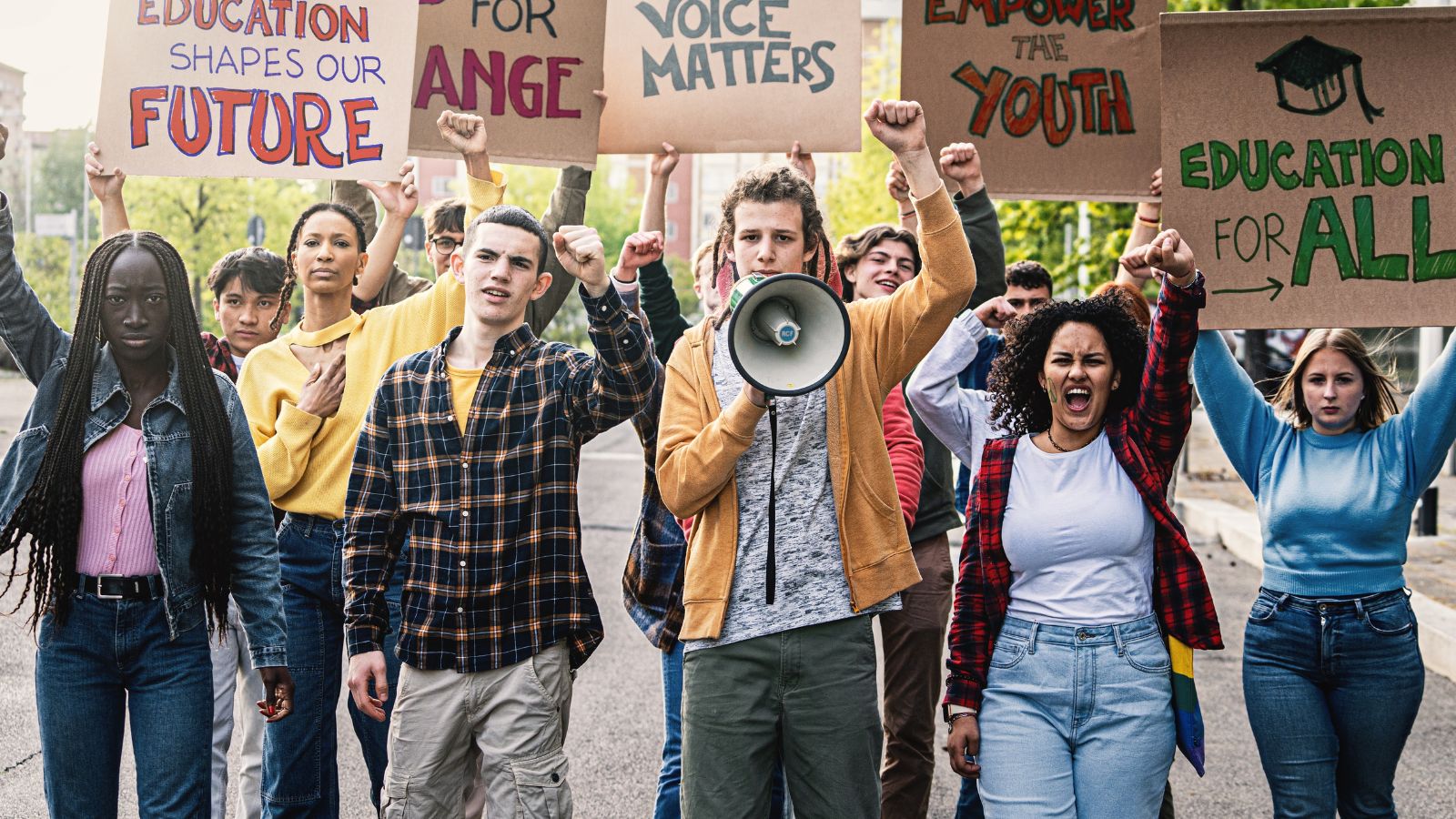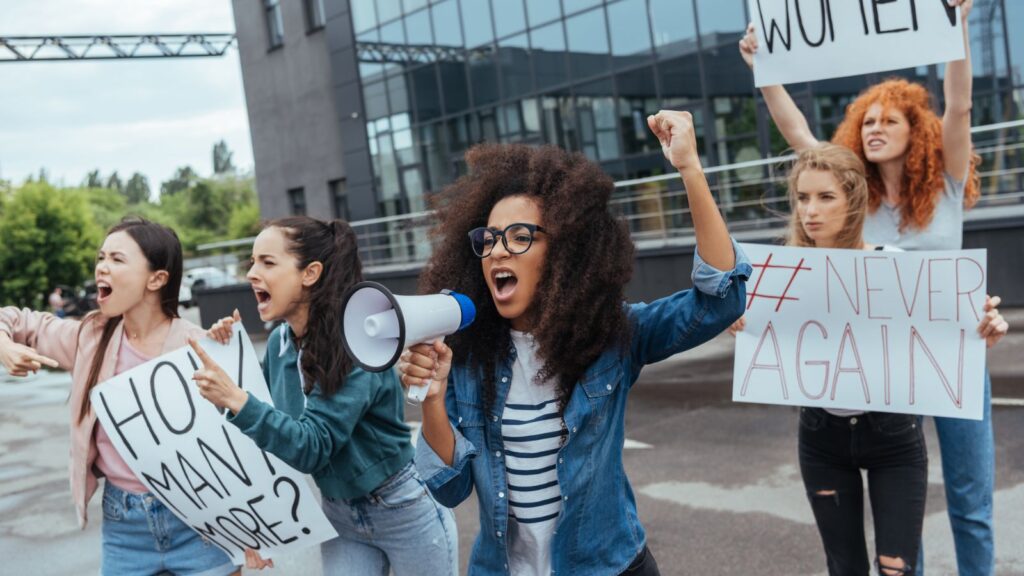The term “woke” was once a badge of honour, symbolising awareness and activism against social injustices. However, as with many movements, what started with good intentions has evolved in ways that don’t sit well with everyone. Here are 17 signs that millennials might just be over it.
Tired of Cancel Culture

One of the clearest signs that millennials are done with woke culture is their growing frustration with cancel culture. According to The New York Times, this is “persistently attributed to the extremes of a political left and a fear-mongering specter of wokeness.” Initially, it seemed like a powerful way to hold people accountable for their actions, but over time, it has morphed into a tool for online witch hunts.
Craving Authenticity Over Perfection

Younger generations increasingly value authenticity over the performative aspects of being woke. They’re tired of the pressure to always present a perfectly curated, politically correct image. This generation, which once led the charge on social media for social justice, is now looking for more genuine connections.
Moving Away from Virtue Signalling

Virtue signalling, or the act of expressing opinions or sentiments just to show others that you’re morally righteous, has lost its appeal among many millennials. They see through the empty gestures and hollow statements that are often made for social clout rather than real change.
Embracing Nuance Over Absolutism

Younger folks are beginning to favour nuance over the black-and-white thinking that often characterises woke culture. They’ve realised that complex issues can’t always be boiled down to simple good versus evil narratives. This generation is more interested in exploring the grey areas and having thoughtful discussions considering multiple perspectives.
Prioritising Mental Health

The pressures of a woke mindset, with its constant demand for awareness and activism, have taken a toll on mental health. This generation, already known for being open about mental health struggles, is recognising that the relentless pursuit of social justice can be emotionally draining. They are beginning to set boundaries and prioritise their well-being over the need to stay constantly informed.
Questioning the Echo Chamber

Millennials are increasingly wary of the echo chambers that often form within woke culture. They’ve noticed how easy it is to get caught up in a bubble where only like-minded views are reinforced and dissenting opinions are shut out. This has led to a growing scepticism about whether these echo chambers are truly productive.
Valuing Free Speech

Free speech has become a significant concern for many millennials who feel that woke culture sometimes stifles open dialogue. They’re increasingly uncomfortable with the idea that certain opinions are automatically dismissed or labelled as harmful simply because they don’t align with the dominant narrative.
Rejecting Identity Politics

While identity politics once played a key role in mobilising younger people around issues of race, gender, and sexuality, there is now a growing backlash against it. Many feel that identity politics has become too divisive, reducing people to a single aspect of their identity rather than recognising their full humanity.
Seeking Real-World Impact

The millennial generation is increasingly focused on making a real-world impact rather than just engaging in online activism. They’ve grown tired of the idea that posting a hashtag or sharing a viral video is enough to bring about change. Instead, they’re looking for tangible ways to make a difference.
Distrusting Corporate Wokeness

Growing increasingly sceptical of corporations that engage in woke marketing, young people have seen countless companies slap a rainbow logo on their products during Pride Month, only to revert to business as usual once the month is over. This performative allyship, where companies express support for social causes in their advertising but do little to enact real change, is starting to wear thin.
Desiring Long-Term Solutions

One criticism millennials have of the woke mentality is that it often focuses on short-term wins rather than long-term solutions. This generation is increasingly interested in addressing the root causes of social issues rather than just treating the symptoms. They recognise that real change takes time and requires sustained effort.
Pushing Back Against the Outrage Cycle

The constant cycle of outrage that often accompanies woke culture is something many are increasingly rejecting. They have grown weary of the way social media amplifies every controversy. People from that generation are starting to push back against the idea that they must always be outraged.
Appreciating Personal Responsibility

The younger generations are placing a growing emphasis on personal responsibility as they understand their relationship with woke culture. While collective action is still important, this generation is increasingly recognising the value of individual accountability, which means the impact of personal choices.
Rejecting Groupthink

Millennials are increasingly uncomfortable with the groupthink that sometimes characterises wokeness. They’ve noticed how easy it is for nuanced opinions to be drowned out by the loudest voices in the room. This often leads to a monolithic way of thinking that leaves little room for diversity of thought.
Embracing Imperfection

Perfectionism has been a significant part of woke culture. Millennials are beginning to embrace imperfection, no longer interested in the high expectations for everyone to be constantly informed, aware, and correct. They’re recognising that it’s impossible to always be on top of every issue.
Longing for Common Ground

As woke values have evolved, they’ve often become more polarising, creating an “us versus them” mentality. Yet the millennial generation is increasingly seeking common ground with others, even those with whom they might disagree. They’re tired of the divisiveness and are looking for ways to bridge gaps rather than widen them.
Looking for Meaningful Dialogue

Finally, younger people are increasingly interested in meaningful dialogue rather than the performative debates that often occur within woke culture. They’re tired of the shouting matches and the point-scoring that characterise many online discussions. Instead, they’re seeking spaces to have thoughtful, respectful conversations.







